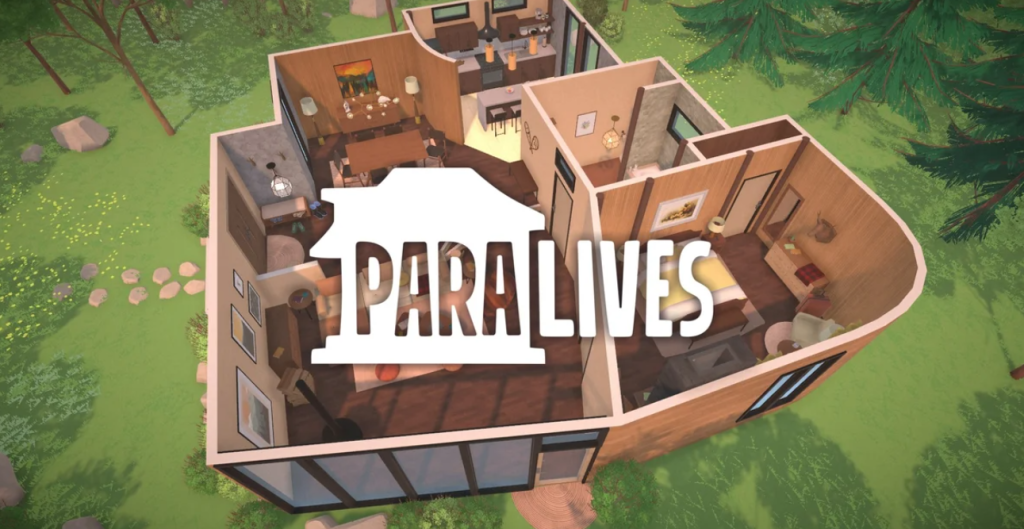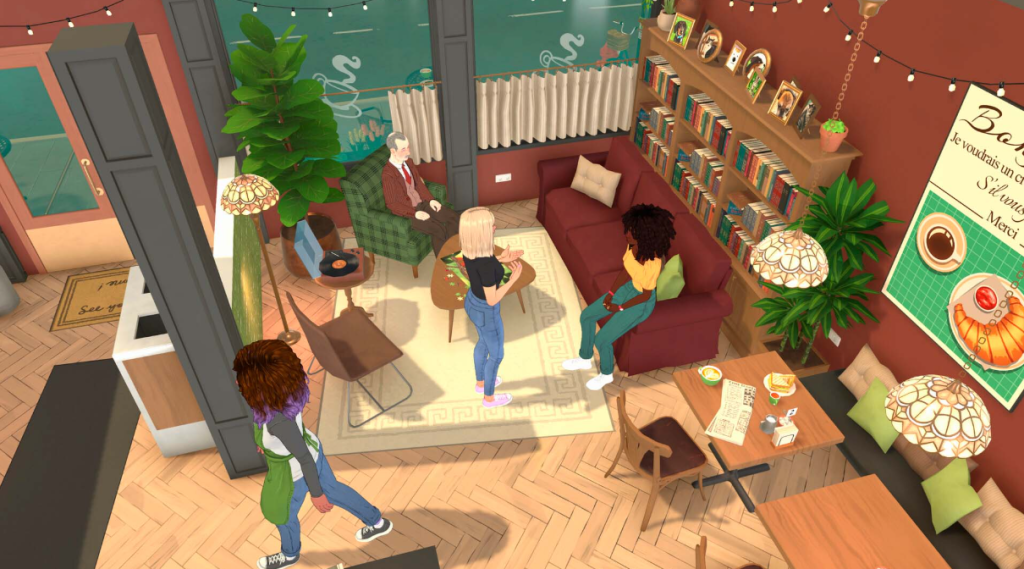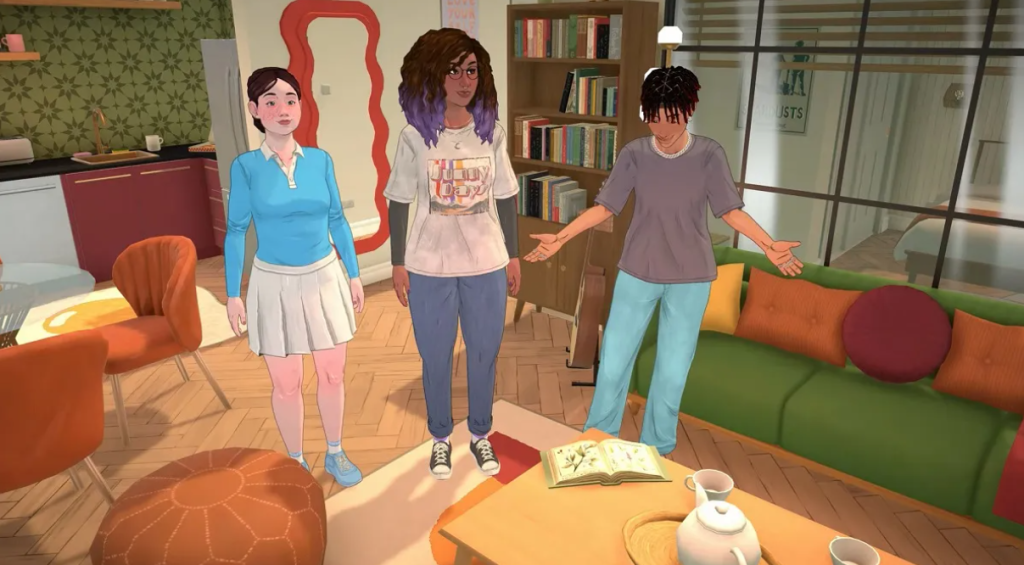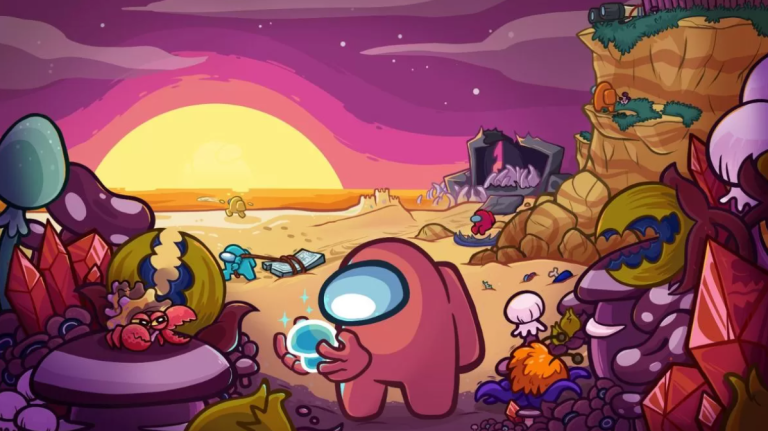
This summer, life sim fans finally got a reason to smile.
During the PC Gaming Show, Paralives, an upcoming indie life simulation game, officially announced its early access release date: December 8, 2025, on Steam. The moment the news dropped, online communities lit up. Some fans even joked, “Now I can finally cancel my therapy sessions — I just needed this game.”
That kind of excitement isn’t hard to understand. If you’ve ever spent your weekend deep into designing the perfect kitchen backsplash, or if you’ve found yourself skipping real-life events just to see your Sim get promoted, cook a questionable meal, and then catch fire in the bathroom… well, you know. There’s a strange comfort in micromanaging fictional lives when your own is spinning a little too fast.
But the past year hasn’t exactly been kind to fans of the genre.
Take Life by You, for instance — a game developed by Paradox Interactive that many hoped would challenge The Sims monopoly. It never even made it to release. Paradox pulled the plug abruptly last June, and one executive later admitted the game simply “wasn’t clearly better than The Sims 4 in any major way.” Ouch.
Then came inZOI, a Korean-developed life sim with stunning visuals and a promise of ultra-realism. It had a dream launch, selling a million copies in no time and earning early “Very Positive” reviews on Steam. But things went south fast. As players dug deeper, the magic wore off — slow updates, clunky gameplay, lifeless characters. One reviewer described it as “a soulless imitation of The Sims‘ worst traits.” Today, its Steam rating sits at a lukewarm “Mixed.”

So when Paralives resurfaced with a firm release date and a quiet promise to do things differently, it struck a nerve — the good kind.
This isn’t a game backed by a billion-dollar corporation. There are no flashy investors, no marketing blitz, no cinematic trailers with dramatic voiceovers. Paralives is being built by a small indie team — people who seem to genuinely care about making something special, not just profitable.
In fact, the game’s roots go back years, when early prototype videos began circulating on YouTube and Reddit. What caught people’s attention wasn’t just the cozy, cartoonish art style — it was the attention to detail. Adjustable windows, diagonal walls, furniture that doesn’t snap into stiff grid patterns. Someone online once said, “The moment I saw I could place stairs wherever I wanted, I knew this was the one.”
And then there’s the duck pillow. Yes, a little yellow duck pillow that you can throw on a couch, and it’s already become a fan favorite. One commenter simply wrote, “This duck has more soul than some games I’ve played.”
More importantly, the devs have publicly stated that Paralives will have no paid DLC. Instead, the game will grow through free updates. No battle passes. No “premium expansion packs.” Just honest content, added over time. In today’s game economy, that almost feels revolutionary.
Imagine this: you buy the game once, and every couple of months, you wake up to find new items, new interactions, maybe even a new neighborhood added — just because the devs wanted to give you more. It’s the kind of thing that brings back that spark from The Sims 2 days, when updates felt like gifts instead of sales pitches.

Of course, it’s still early. Paralives will launch in early access, which means not everything will be ready on day one. There will be bugs, balancing issues, maybe a few features missing at first. But fans seem ready for that. After all, if you’ve spent the last few years waiting, dreaming, and getting burned by overhyped releases, you’re probably okay with a few rough edges — as long as the heart’s in the right place.
One fan said it best: “I’ll pay full price for the duck pillow alone.”
It’s funny, but also kind of touching.
In a gaming world increasingly driven by microtransactions, loot boxes, and monetized updates, Paralives feels like the quiet kid in class who doesn’t say much, but when they finally turn in a project, it’s full of love, creativity, and surprises.
December 8 may seem far away, but the countdown has begun. This winter, we might finally get a life sim that doesn’t just copy The Sims — it might remind us why we fell in love with the genre in the first place.
And maybe, just maybe, this time… we’ll get it right.
![]()


